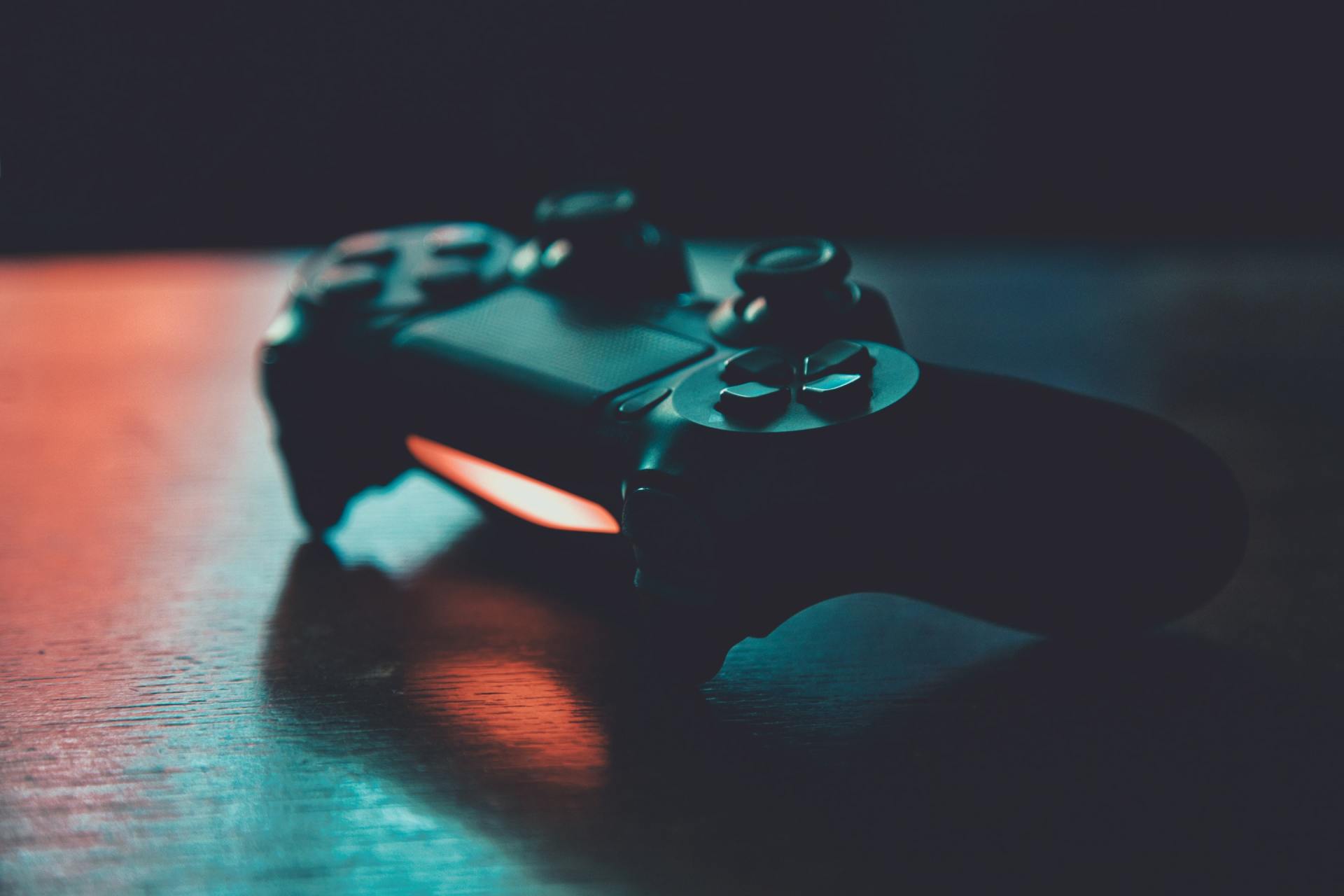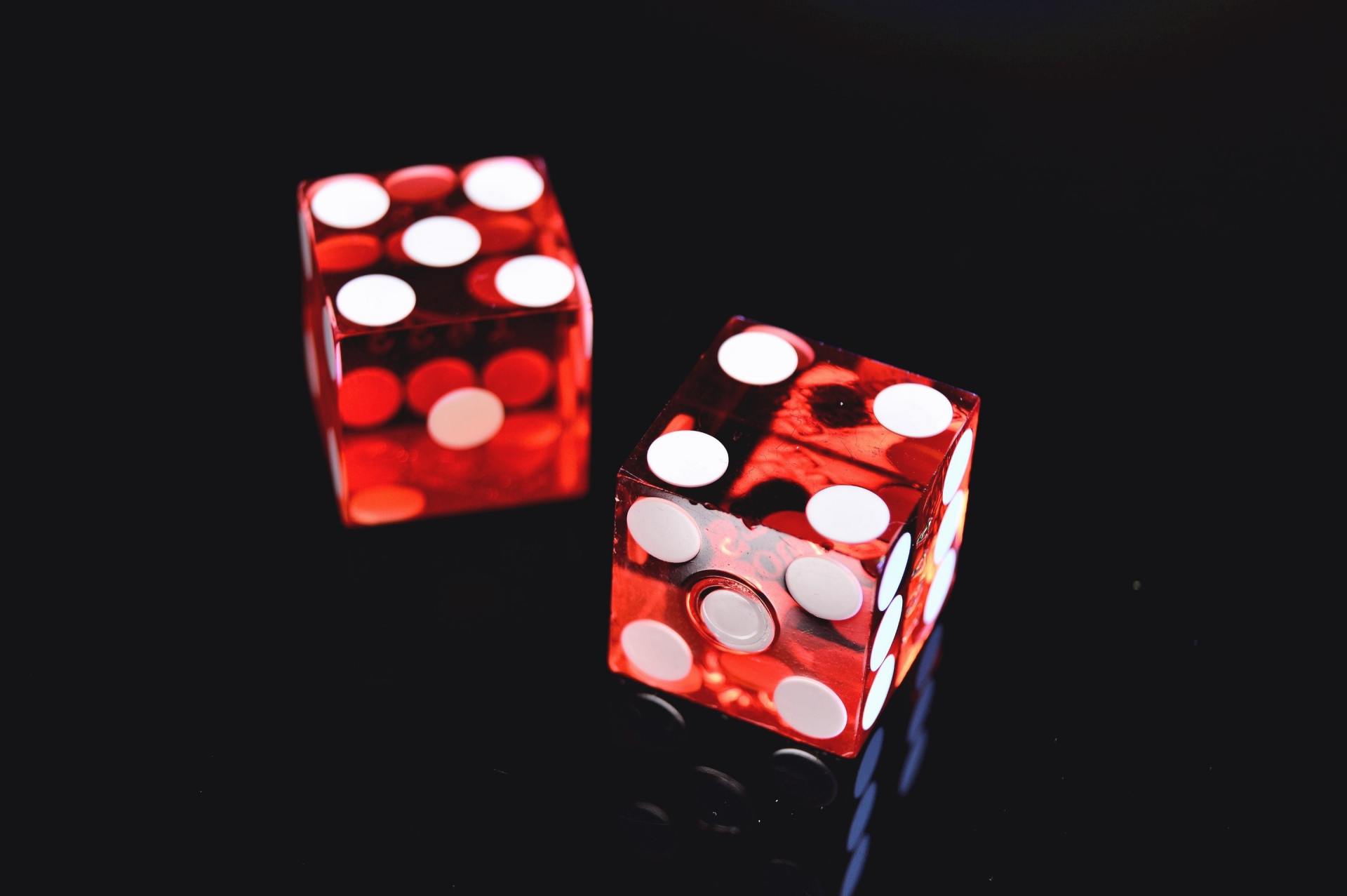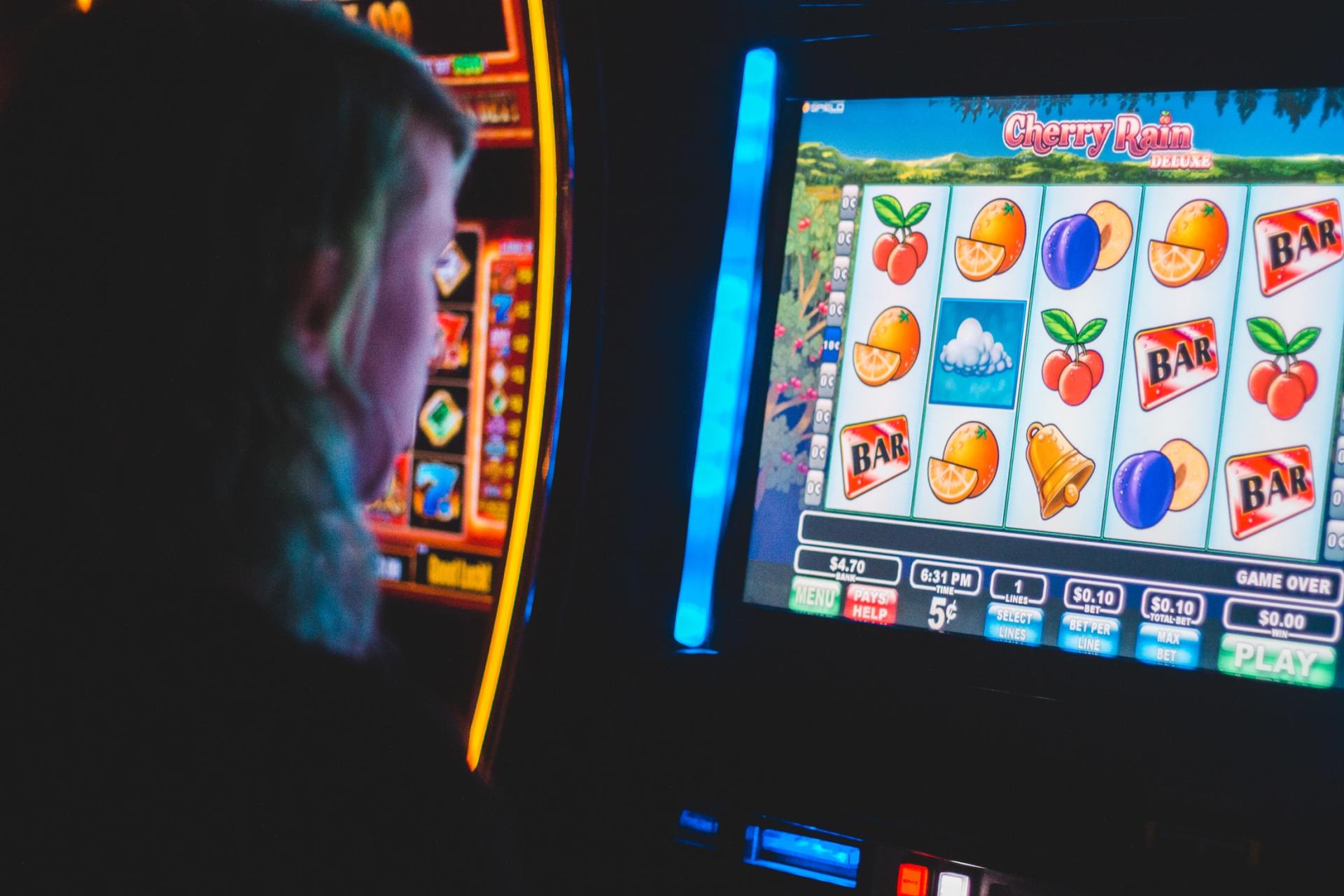Blog Layout
How Problem Gambling Uniquely Impacts Different Communities
Apr 01, 2020

How Problem Gambling Uniquely Impacts Different Communities
This post is sponsored.
For many, gambling is a fun form of recreation and entertainment. In many cultures, traditional forms of gambling preceded the gambling we know today. From stick games, or bone games, that have specific cultural meanings and purposes in Native American cultures to Mahjong and card games in Asian communities, gambling has been a part of our lives. In fact, it’s more than just fun and games - it serves as a way to bring these communities together. Many cultural factors influence gambling, notions of luck, and social aspects in different cultures.
“It’s very much ingrained in our culture,” certified problem gambling counselor Sarah Sense-Wilson tells New Day Northwest of Native American gambling culture.
“When you look at the modern-day, we have casinos and different gaming venues where our communities gather for a variety of purposes, and generally it’s a hub for our communities, from funeral services, elections, elder gatherings, and conferences.”
It’s not much different in Asian communities as well. “In our community, we tend to be more superstitious,” Victor Loo of Asian Counseling and Referring Services tells New Day Northwest.
“In general, when Asian immigrants come to this country, we don’t speak the same language. When you go to a casino, that becomes a universal language.”
While cultural gatherings mesh well with gambling and gaming, it can quickly become a problem for some. In fact, Loo notes that in the Asian community, the prevalence of problem gambling can be as high as 60 percent.
What is problem gambling?
People affected by problem gambling are often unable to quit placing bets, even if it means clearing out personal banking accounts or the accounts of loved ones, accumulating crippling debt, ending personal relationships, sacrificing their health, or committing crimes such as fraud or theft.
To make matters more complicated, unlike other behavioral health disorders, problem gambling does not only affect the individual. Loo says, “It actually affects the entire family and their significant others or relatives.”
Some common examples of negative consequences suffered by those experiencing problems with gambling can include:
- Loss of job/income, that can mean the person is unable to pay the bills and afford basic living expenses.
- Developing depression, anxiety, or another mood disorder.
- Failed relationships.
- Severe debt.
How can you help?
Both Loo and Sense-Wilson agree it’s important to normalize problem gambling and challenge the stigma surrounding the disorder.
“We share with our community that if a person has cancer, high blood pressure or diabetes, we wouldn’t shame them for having those illnesses,” Sense-Wilson said. “This addiction is very similar. It’s okay to seek help.”
Many helpful resources can be found online, including screening tools at the National Council on Problem Gambling (NCPG) website, and the Evergreen Council on Problem Gambling (ECPG).
Treatment Options
It’s vitally important that people struggling with problem gambling receive treatment for their addiction. Many people affected by problem gambling want to quit or control their gambling, but they’re often unable to do so on their own, despite their best efforts.
Here is a list of places that can help:
- Washington State Certified Gambling Counselor Treatment Services
- Gamblers Anonymous (GA)
- Gam-Anon meetings for the family and friends of people struggling.
- Recovery Cafe, a refuge for healing and hope
- Help and information are available at the 24-hour, toll-free Washington State Helpline: call or text 1-800-547-6133.

05 Jun, 2020
On the heels of COVID-19, we’re all spending more time at home. In some households, that means spending more time with family and baking banana bread - but it also means a likely increase in screen time and online gaming. While online gaming can be an entertaining recreational activity, when does it start to become problematic? We’ve asked the experts about the five things you’ll need to know.

20 Mar, 2020
Office pools for the Super Bowl and office brackets for the NCAA March Madness tournament seem harmless on the surface - and it is for most. But the reality is that more than two million Americans meet the qualifications of gambling addiction, and another four to six million are considered problem gamblers, according to the National Council on Problem Gambling ( NCPG ). “This can be a really hidden addiction, so there’s nothing that may be obvious in terms of a hangover,” says Certified Problem Gambling Counselor Brad Galvin. “Often, it’s much more subtle. That’s why it’s so important for us to be focusing on this.”
© 2024
All Rights Reserved





